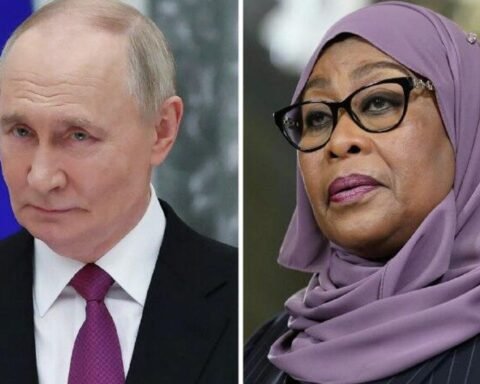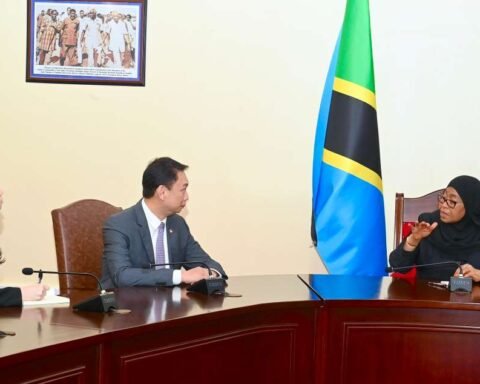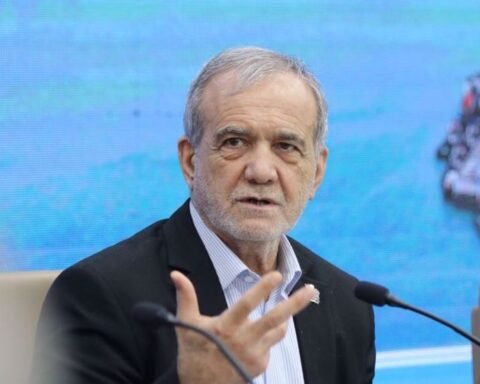In Chad, a dramatic shift in governance is unfolding after lawmakers in the National Assembly voted overwhelmingly to extend presidential terms from five to seven years and remove restrictions on how many times a leader can run.
The vote, held in mid-September, saw 171 members support the motion, none oppose, and only one abstain. The bill now advances to the Senate, which is scheduled to review it on October 13, 2025—and many observers believe it will pass without difficulty.
For President Mahamat Idriss Déby, the reforms offer an open path to long-term leadership. He rose to power in 2021 following the death of his father, who had ruled Chad for over three decades. While Déby was officially elected in 2024, critics argue the process lacked fairness, and now the removal of term limits further consolidates his control.
Supporters of the changes say a longer presidency allows continuity, space for development, and a chance to stabilize a nation often tested by security challenges. But for many Chadians, the amendments stir concerns of creeping authoritarianism and shrinking space for opposition politics. Analysts warn that the abolition of limits on leadership may undermine accountability and push the country away from pluralism.
Also Read; France Trial Highlights Debate Over Assisted Dying
This is not just a local debate. Across Africa and beyond, constitutional reforms have been used as political tools. From term limits in other nations being extended or scrapped, to leaders leveraging such amendments to cement power, the balance between stability and democracy often comes into question. Critics caution that once checks on power are removed, reversing course becomes far more difficult.
The international community is watching closely. Chad plays a key role in regional security, especially in efforts against extremist groups in the Sahel. Whether this constitutional shift strengthens or weakens its institutions remains to be seen. What is clear, however, is that the outcome of the Senate vote will carry weight well beyond N’Djamena.
For everyday citizens, the reality is more personal. The prospect of a leader who can rule indefinitely brings mixed emotions: hope for stability on one hand, and fear of entrenched power on the other.







